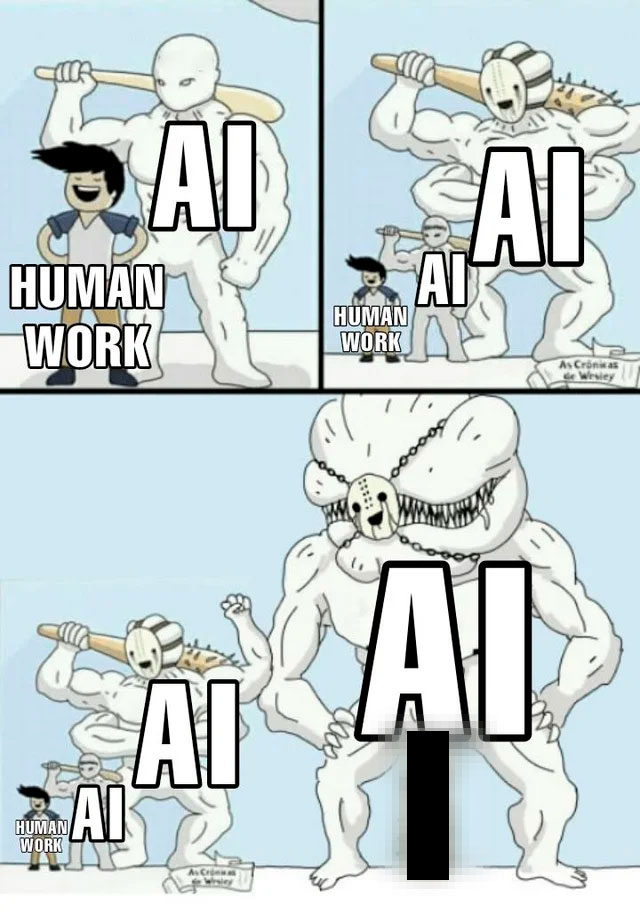Navigating the New Frontier: US AI Content Copyright Law Explained
The United States federal government is actively developing legislation concerning copyright for AI-generated content, marking a significant step in the evolving digital landscape. While the full text is available on the official US federal government website, we’ve distilled the crucial takeaways for you. This evolving legal framework aims to clarify ownership and protection for creative works in the age of artificial intelligence.
Key Provisions of the Proposed AI Copyright Legislation:
- Human Authorship Remains Paramount: Currently, content solely generated by AI does not qualify for copyright protection under existing laws. The law emphasizes that a human creator is still a prerequisite for copyright eligibility. This means that purely machine-produced output, without significant human creative input, will likely remain in the public domain.
- AI Prompts vs. AI Outputs: Copyright protection extends to the prompts or instructions given to an AI model. However, the output generated by the AI in response to those prompts is not automatically protected. This distinction is critical for understanding where legal rights begin and end in AI-assisted creation.
- Hybrid Content: Protecting Human Contribution: When content is a collaborative effort between a human and an AI, the law intends to protect only the human portion of the work. The creative input and modifications made by the human user will be eligible for copyright, while the AI’s contribution will not. This encourages a partnership model where human creativity is the primary focus.
- Registration of AI-Assisted Content: If you seek to register content created with the assistance of AI, you will be required to disclose the AI-generated components and explicitly waive any copyright claims on those specific AI-generated elements. Transparency is key in this new regulatory environment.
- Post-Registration Disclosure: Should AI-generated material be discovered within a previously registered work, the author will be obligated to re-register the work. This ensures ongoing compliance and accurate representation of the creative process.
Implications for Creators and Innovators
This development offers a sense of relief for artists, writers, composers, and all creative professionals. While AI tools can be powerful assistants, the proposed legislation underscores the enduring value of human ingenuity and artistic expression. It provides a framework that acknowledges the role of AI as a tool, rather than an independent creator.
The nuances of this law are still being refined, and it’s essential for creators to stay informed about any updates. Understanding these provisions can help you navigate the complexities of copyright in the digital age and ensure your original works are adequately protected.
Discover More about how these changes might impact your creative process and intellectual property.
Контакты: https://t.me/MLM808

